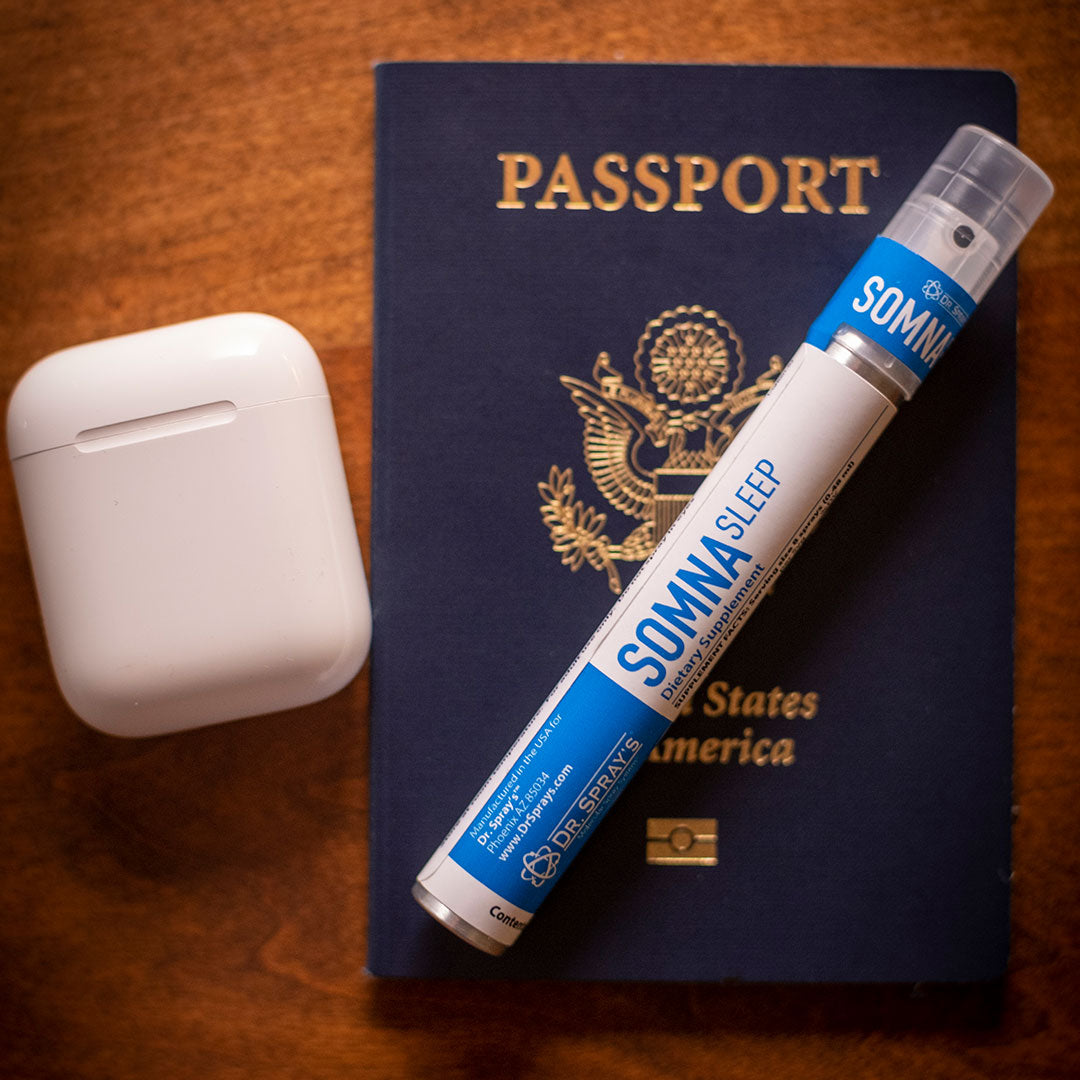How To Get My 3 Year Old To Sleep?
It can be tough to get your little one to sleep through the night.
There are a few things you can do to help.
First, try to establish a bedtime routine. A bath, some soothing music, and a bedtime story can help signal to your child that it's time to wind down for the night.
You can also try creating a calm sleep environment by keeping the lights low and making sure the room is quiet and comfortable.
Finally, if your child is still having trouble sleeping, you may want to talk to their doctor about possible solutions.
1. Make a Bedtime Routine
One of the best ways to help your child get to sleep and stay asleep is by establishing a bedtime routine. This could include bath time, reading a story, brushing teeth, and saying prayers. Doing the same things each night will help signal to your child that it's time to wind down and go to sleep.
2. Keep a Consistent Sleep Schedule
Just like adults, children do best when they have a consistent sleep schedule. Going to bed and waking up at the same time each day will help regulate their internal clock and make it easier for them to fall asleep (and stay asleep) at night.
3. Create a calming Sleep Environment
You can also help your child sleep better by creating a calm and comfortable sleep environment in their bedroom. This means keeping the room dark, quiet, and cool. Eliminating any potential distractions or sources of noise will give them the best chance of sleeping through the night.
4. Limit Caffeine and Screen Time Before Bed
Another important tip is to limit your child's caffeine and screen time before bed. TVs, phones, and tablets all emit blue light that can interfere with sleep. Likewise, caffeine can also make it difficult to fall asleep and stay asleep. Try to cut off screen time and caffeine at least an hour before bedtime.
5. Don't Skip Naps
Although it might seem counterintuitive, naps can actually help improve nighttime sleep. Skipping naps during the day can make children more Overtired and make it harder for them to fall asleep at night. If your child is having trouble sleeping, try adding an afternoon nap back into the mix.
6. Talk to Your Doctor
If you've tried all of these tips and your child is still struggling to sleep through the night, it might be worth talking to their doctor. There could be an underlying medical reason for the insomnia. In some cases, children may need medication to help them sleep better.










